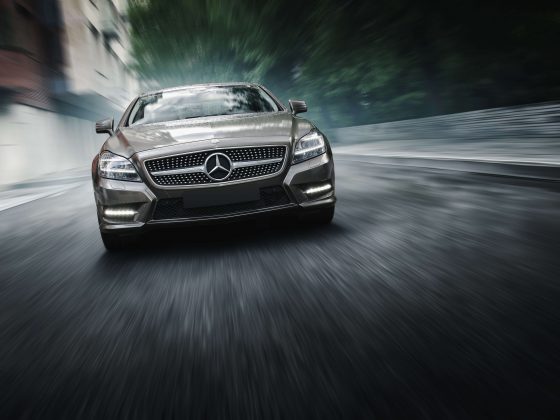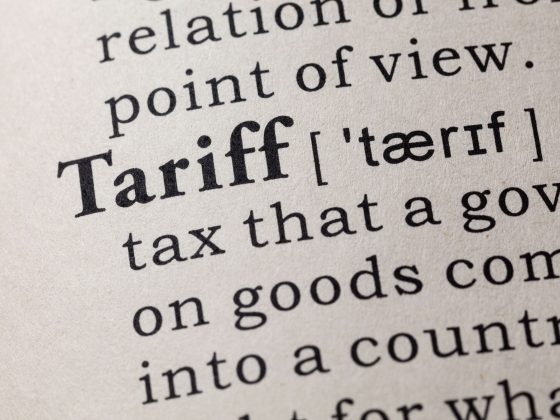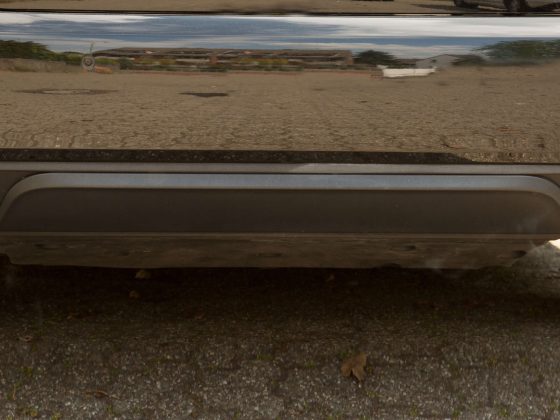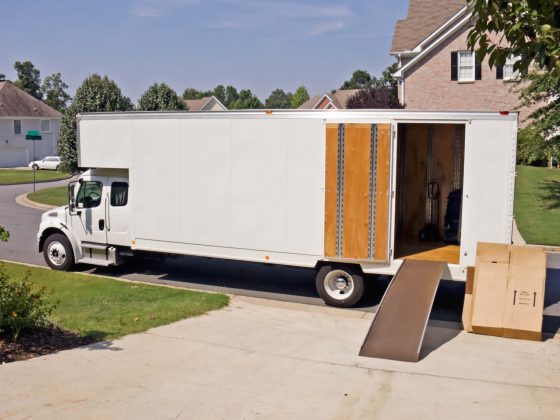If you are interested in buying a used car, you can do it through an auto dealership or a private seller.
Use eTags© to Quickly Complete Your DMV Service. Renewals, Title Transfers and More, All Online!
But, what is a private seller?
A private seller is any other person who owns a vehicle and needs to sell it. This seller takes care of the entire selling process to get the most value out of the experience.
Buying a from a private seller has its advantages but there are also some situations to watch out for. At its simplest, there are some pros and cons of buying a used car from a private seller.
Here you’ll learn the most significant benefits and drawbacks of buying a used car from a third private party.
Benefits
Used cars from private sellers are more affordable
When it comes to buying a used vehicle, there are 4 values that are worth sharing: Trade-in, private seller, retail, and certified pre-owned vehicles.
In this sense, private sellers are at the lower end of the scale, which welcomes a more affordable choice.
A good reason why a used car sold by a private seller is cheaper compared to the same one sold by a dealership has more to do with covering costs.
A dealership pays for reconditioning the vehicle, sales rep. commission, and advertising.
In addition, dealers also need to cover the administrative costs that are associated with buying the vehicle from the previous owner and selling it to the new buyer.
On the other hand, private sellers do not have to cope with those expenses. Not only are private sellers interested in making a fast transaction, but they are also open to negotiate.
Private sellers offer clean, well-kept-up vehicles
Don’t make any assumptions. There were cases in which private sellers have offered vehicles that are way far from being well-maintained or clean.
Some private sellers even sell salvaged cars, so you are advised to request a vehicle history report before making your final decision.
For the most part, it’s common for car owners to sell their vehicle independently when they have all the maintenance and service records up to the standards.
These type of meticulous sellers are reluctant to trade in their vehicles with auto dealerships as they believe that the value of their cars greatly exceeds the dealer’s estimations of which there very little consensus
Hence, the buyer is confronted with the opportunity of buying a well-preserved vehicle at a price that cannot be matched by any dealer considering that both are selling the same car make and model.
Private sellers close the deal quickly
While dealers try their best to achieve the best possible outcome, private sellers are more open to close the deal as soon as they find someone who is genuinely interested in buying their vehicles.
Private sellers, whose vehicles are largely sold in the market, tend to follow quick negotiations. They understand that most competitors are prone to help buyers find value on their offers.
So, if you are serious about buying a used car, contact a private seller to work on a deal that could benefit your budget and their selling expectations.
Drawbacks
The seller is a complete stranger
The difference between buying from an auto dealership and a third party is that the latter puts you in a vulnerable position.
You’ll be required to meet a stranger to test the car, complete inspection, and work on a deal together.
Of course, that could be dangerous assuming that you know very little about the person who is offering you a used car.
Though you are advised to meet the seller in a public area where you could be visible by others to avoid unexpected, if not risky, situations.
There’s no such thing as warranty
Auto dealerships are at an ideal position when it comes to warranty since they must abide by the Federal Trade Commission law.
They also provide facilities including short-term warranties and proven auto certifications, which ultimately increases trust.
Unlike auto dealers, private sellers do not offer any car warranties, nor certifications for the vehicle they sell. It’s the responsibility of the buyer to ensure the vehicle is in good condition to avoid future regrets.
Vehicle registration and other documentation
As for after-sale documentation, private sellers do not take care of the DMV-related hassles in regards to registration and title transfers.
In other words, that would be your own responsibility.
Most car dealerships, though, take care of your registration and title procedure, propose financing opportunities, and in some cases buy your vehicle as a trade-in.
SEE ALSO: Here’s What Psychologists Never Told You About Car Colors








